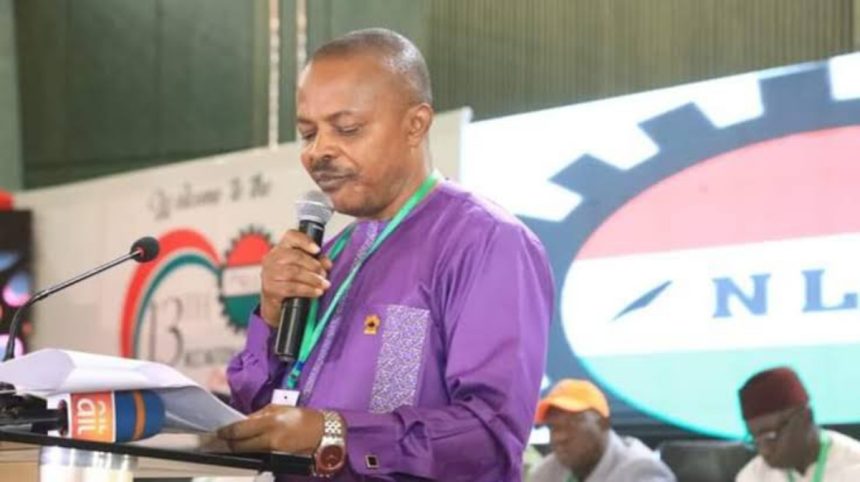The ongoing discussions over Nigeria’s minimum wage have hit a standstill, with the Tripartite Committee on Minimum Wage postponing its deliberations to May 23.
Despite the federal government’s revised offer of ₦54,000, up from ₦48,000, Labour has stood its ground, demanding a ₦615,000 living wage.
An anonymous insider revealed that the recent meeting ended without agreement, necessitating an adjournment.
The absence of state governors and the lack of authority among their delegates to negotiate were noted as significant impediments to progress.
The government’s perceived lack of commitment was criticized, particularly in light of the non-attendance of state governors and the inadequate delegation from Bauchi and Niger states.
The Organized Private Sector (OPS) also maintained its initial offer of ₦54,000, adding to the frustration of Labour leaders.
Joe Ajaero, President of the Nigeria Labour Congress (NLC), emphasized the urgency of the situation, citing the May 31, 2024, deadline for the new minimum wage implementation. He attributed the negotiation deadlock to the government and OPS’s unyielding stance.
The NLC and Trade Union Congress (TUC) have reiterated their dedication to safeguarding workers’ interests throughout the negotiation process.
The committee, established by President Bola Tinubu on January 30, 2024, is tasked with proposing a new national minimum wage to supersede the expired ₦30,000 benchmark.
As the deadline looms, the nation anticipates whether a consensus will be reached.
Labour’s resolve remains unshaken, and the government’s proposal falls short of their expectations. The OPS’s hesitance to raise its offer casts doubt on the likelihood of a successful negotiation outcome.
The committee, representing federal and state governments, the private sector, and organized labour, is under pressure to recommend a new national minimum wage promptly.
During the panel’s inauguration, the members were urged to expedite their report submission to facilitate the establishment of a new minimum wage.
Zonal public hearings conducted across various states reflected the diverse living wage figures proposed by the NLC and TUC, highlighting the economic hardships and the rising cost of living affecting workers’ demands for a fair minimum wage.
The proposals ranged from ₦485,000 in the North-West to ₦850,000 in the South-South, illustrating the wide spectrum of expectations among Nigerian workers.





